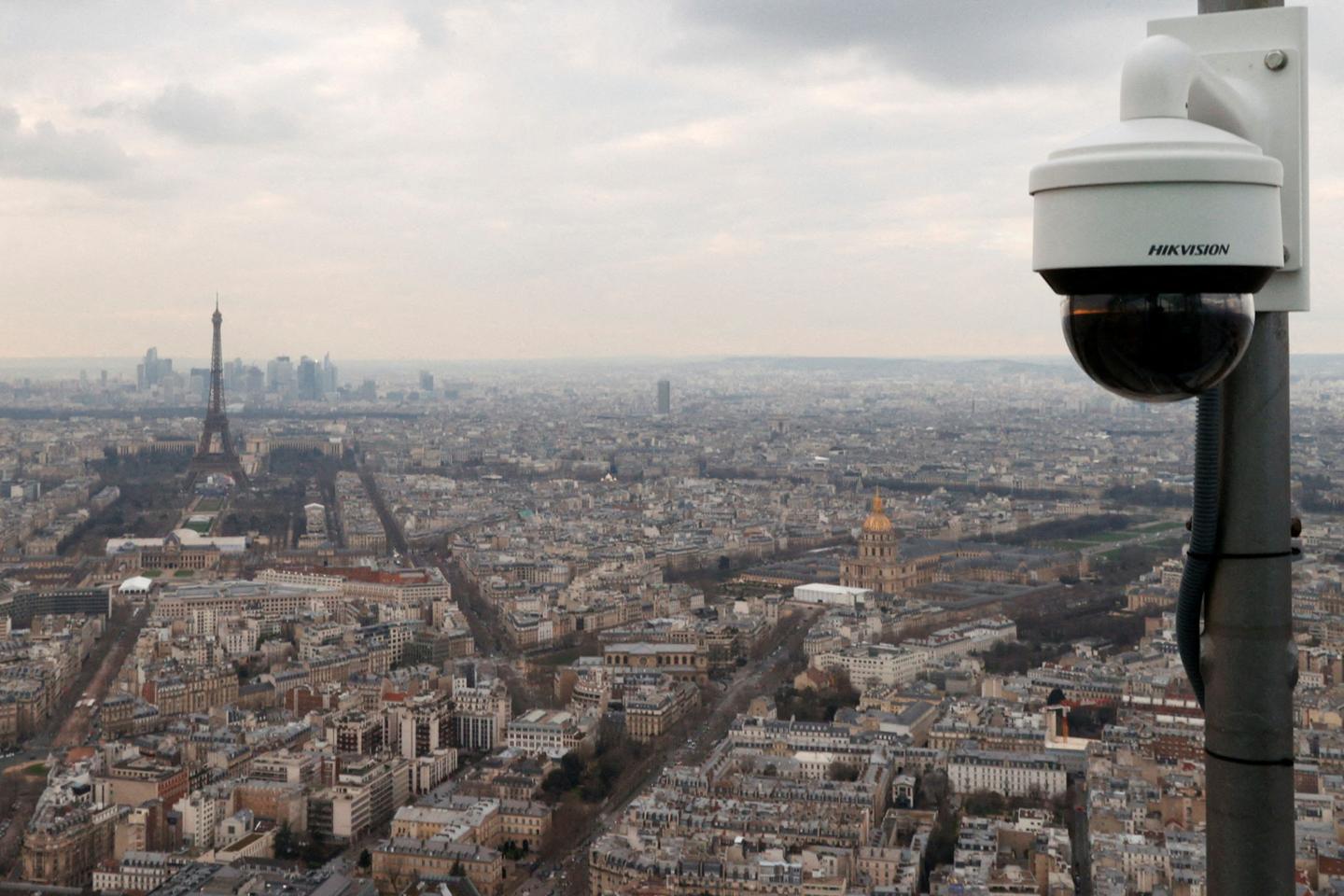


Four hundred and eighty-five cameras, like so many pairs of eyes, and artificial intelligence (AI) as brains. During the Olympic Games, the Paris police and the Paris transport authority conducted the most important phase in the experimentation of algorithmic video surveillance, as provided for by law and adopted in May 2023. For two weeks, images from surveillance cameras in the capital and several towns in the region were analyzed by Cityvision, an AI software program capable of detecting various behaviors: abandoned objects, falls, crowd movements and so on. But it was not all carried out with total transparency.
On July 19, Paris Police Prefect Laurent Nuñez issued an initial decree authorizing the use of Cityvision by the RATP Paris transport operator, with effect from July 22. Two further decrees followed, authorizing the police prefecture itself to use video surveillance, from July 26, the date of the opening ceremony. Both were signed on July 25, but one was not published until July 30. For this reason, La Quadrature du Net, an organization dedicated to the defense of digital liberties, lodged a complaint with the regulatory body, the National Commission for Informatics and Liberties (CNIL), on July 31. "It's the publication of a decree that renders it effective, so if it was only published on July 30, and video surveillance started before that date, we have a legality problem," said Noémie Levain, a legal expert with the organization. The prefecture stated that algorithmic video surveillance was "only used from July 29."
For previous tests, such as the Black Eyed Peas concert on April 20 and the Taylor Swift concert from May 9 to 12 at the Paris La Défense Arena, the prefectural decrees had already been published just one or two days before the surveillance was to be used. "These very late publications leave no time to lodge an appeal if the authorization does not seem legitimate," said Levain. "Furthermore, this does not allow those exposed to the monitoring to be properly informed."
Camera distribution
In the case of the Olympics, the police prefecture claimed to have posted signs "as early as July 26, around the camera installation zones, presenting the system along with a QR code linking to an information page." In the metro corridors, RATP put up a display at the beginning of the year. Rather discreet, the signs stated that "in order to reinforce security in this [station], RATP may occasionally implement, on an experimental basis, automated real-time analysis of video-protection images." No mention is made of whether this analysis is in progress at any given time.
You have 43.26% of this article left to read. The rest is for subscribers only.
